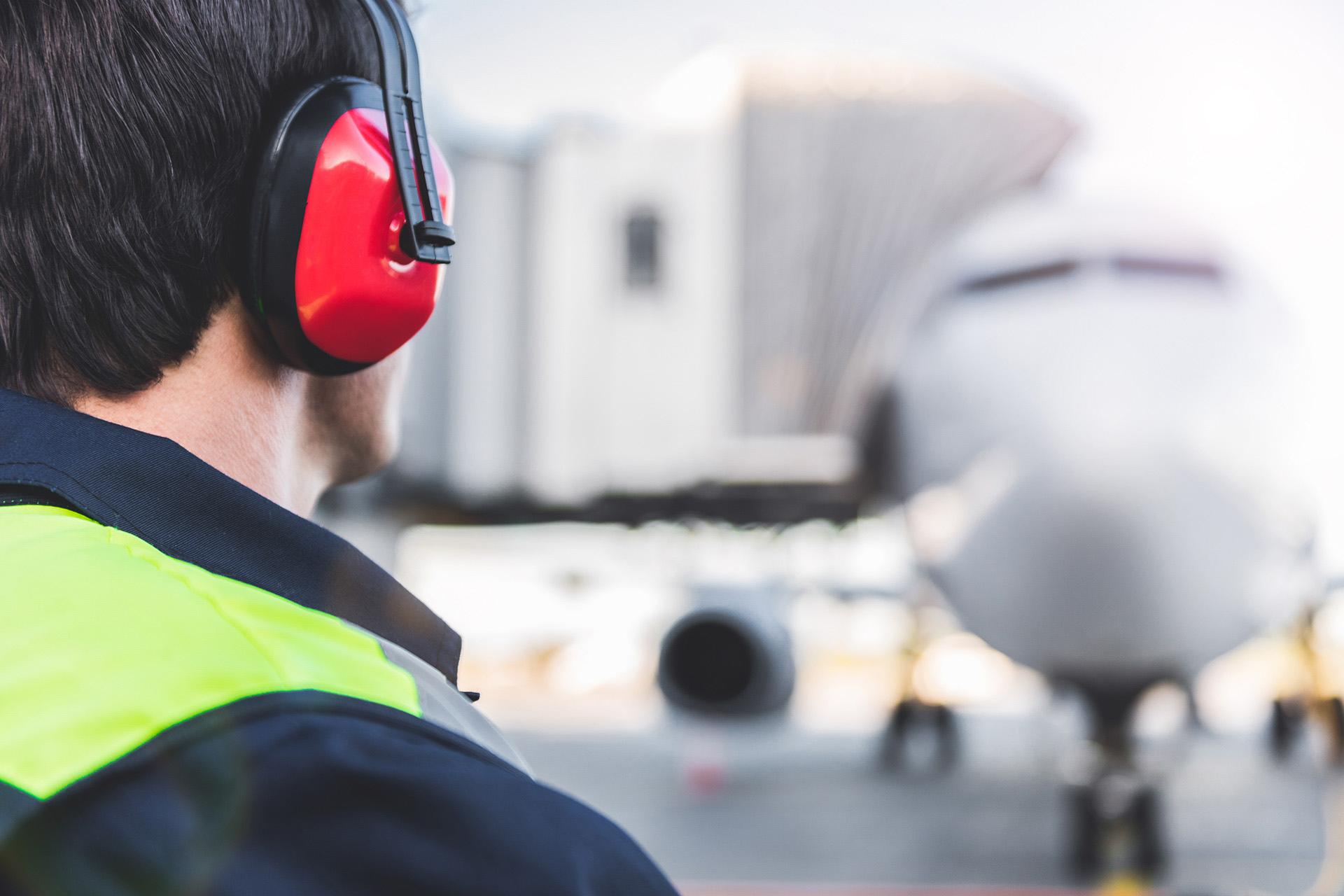Parliament and the Government are responsible for setting the CAA’s statutory objectives, outlining our functions and responsibilities, and providing guidance to us.
During Stage 5 of the CAP 1616 airspace change process, under certain circumstances, the Secretary of State may decide to 'call-in’ an airspace change proposal.
If the Secretary of State takes the decision to call-in an airspace change proposal, the Secretary of State becomes the decision maker, instead of the CAA.
The Secretary of State must be satisfied that one of three call-in criteria apply. These criteria are that the proposed change:
- is of strategic national importance or,
- could have a significant impact (positive or negative) on economic growth of the United Kingdom, or
- could both lead to a change in noise distribution resulting in a 10,000 net increase in the number of people subjected to a noise level of at least 54 dB LAeq 16hr and have an identified adverse impact on health and quality of life.
When we receive a call-in request, we will provide an assessment to the Secretary of State as to whether the proposal meets one or more of these call-in criteria. The Secretary of State has provided the CAA with guidance on the meaning of these criteria.
The Secretary of State may not determine that the proposal will be decided by them if the proposed change is:
- submitted by, or on behalf of, the Ministry of Defence, or
- directly related to a planning decision which had already been determined by the Secretary of State or another planning authority which involved detailed consideration of changes to flight paths in UK airspace, consequential on the proposed development, which the sponsor has taken into account when developing its proposal.
Who can make a call-in request
Anyone can ask the Secretary of State to call-in an airspace change proposal, but even if an airspace change proposal meets the criteria, there is no obligation on the Secretary of State to agree to call-in the proposal.
Submitting a call-in request
Where an airspace change is being considered under the previous CAP 725 process
A call-in request should be submitted in writing within four weeks of the CAA indicating on its website the date that the change sponsor’s formal airspace change proposal has been received by the CAA. The request should be emailed to: airspace.regulation@caa.co.uk
Where an airspace change is being considered under the current CAP 1616 process
A call-in request should be submitted via the Airspace Change Portal within four weeks of the CAA indicating on the portal the date that the change sponsor’s formal airspace change proposal has been received by the CAA.
In either case, requests made outside of that four-week window will not be considered.
In response to the request, the call-in criteria are assessed to determine whether the proposal is eligible to be called-in. The Secretary of State will decide whether the proposal is eligible to be called-in and whether it will be called in. The Secretary of State aims to do so within eight weeks of the proposal being submitted.
Outcomes of past call-in requests
|
Sponsor |
ACP title |
ACP reference number and link to webpage/submitted proposal |
Airspace change process followed (CAP 725 / CAP 1616) |
Date call in window closed |
Link to CAA Assessment |
Link to/date of outcome |
|
QinetiQ |
Spaceport 1 Scolpaig North Uist |
CAP 1616 |
2 January 2025 |
Not called in by the Secretary of State |
||
|
UK Civil Aviation Authority |
Consideration of the removal of Doncaster Sheffield Airport airspace |
CAP 1616 |
19 June 2023 |
|||
|
NATS |
Swanwick Airspace Improvement Programme - Airspace Deployment 6 |
CAP 1616 |
3 August 2021 |
Not called in by the secretary of state 15 November 2020 |
||
|
Inverness Airport |
Inverness Airport |
CAP 725 |
9 April 2021 |
Not called in by the secretary of state 7 June 2021 |
||
|
London Oxford Airport |
Instrument Flight Procedures |
CAP 725 |
8 September 2020 |
Not called in by the secretary of state 24 November 2020 |
||
|
Leeds Bradford Airport |
Arrivals and departures |
CAP 725 |
18 February 2019 |
Not called in by the secretary of state 21 March 2019 |
||
|
Edinburgh Airport |
Arrivals and departures |
CAP 725 |
17 October 2018 |
Not called in by the Secretary of State 14 November 2018 |
||
|
Birmingham Airport |
Runway 33 Standard Instrument Departures Airspace Change Proposal |
CAP 725 |
20 November 2018 |
Not called in by the Secretary of State 19 December 2018 |

